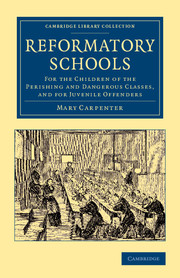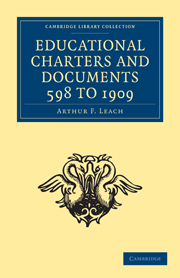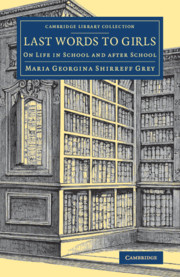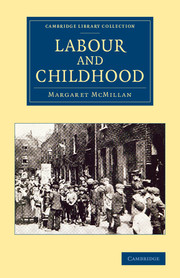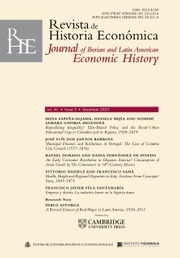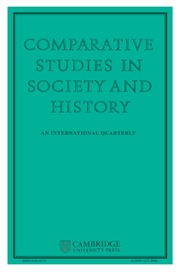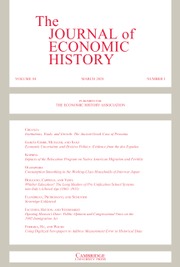Reformatory Schools
Daughter of a Unitarian minister and schoolmaster, the penal reformer and educationist Mary Carpenter (1807–77) grew up in a pious family with a strong sense of obligation to those who were less fortunate. Moved by the appalling circumstances of destitute children in Bristol, she established her first ragged school in 1846. In her bid to improve the difficult lives of juvenile delinquents, her enlightened philosophy was one of rehabilitation rather than retribution, emphasising the importance of giving children a sense of self-worth. These views form the basis of this landmark work, first published in 1851. Marshalling a range of evidence in support of her argument, Carpenter highlights the need for radical change in the treatment of young offenders. Her lobbying bore fruit in England with the passage of the Youthful Offenders Act (1854), described as 'the Magna Carta of the neglected child'.
Product details
October 2013Paperback
9781108062299
370 pages
216 × 140 × 21 mm
0.47kg
Available
Table of Contents
- Preface
- Introductory chapter
- 1. First principles
- 2. Evening ragged schools
- 3. Free day schools
- 4. Industrial feeding schools
- 5. The gaol
- 6. Penal reformatory schools.

